Starting on April 1, California’s restaurant industry will navigate the waters of a $20 minimum wage, a significant increase that has sparked concern among small business owners.
Los Angeles-based restaurant owner, Angela Marsden, expressed her worries on “America’s Newsroom,” stating, “We are the ones that were strong enough to be the mom-and-pop shops that survived COVID. And now we’re hit with this, and it directly impacts the small businesses.”
The Cost of Dining Out Could Soar

Angela Marsden, in her conversation, highlighted the potential repercussions on menu prices due to the wage increase.
She remarked, “My hamburger, currently, is going up to 20-some dollars an hour,” illustrating the direct impact on the cost of dining out. This increase in wages, while beneficial for employees, raises concerns about affordability for consumers and sustainability for businesses.
A Legislative Change Affecting Many
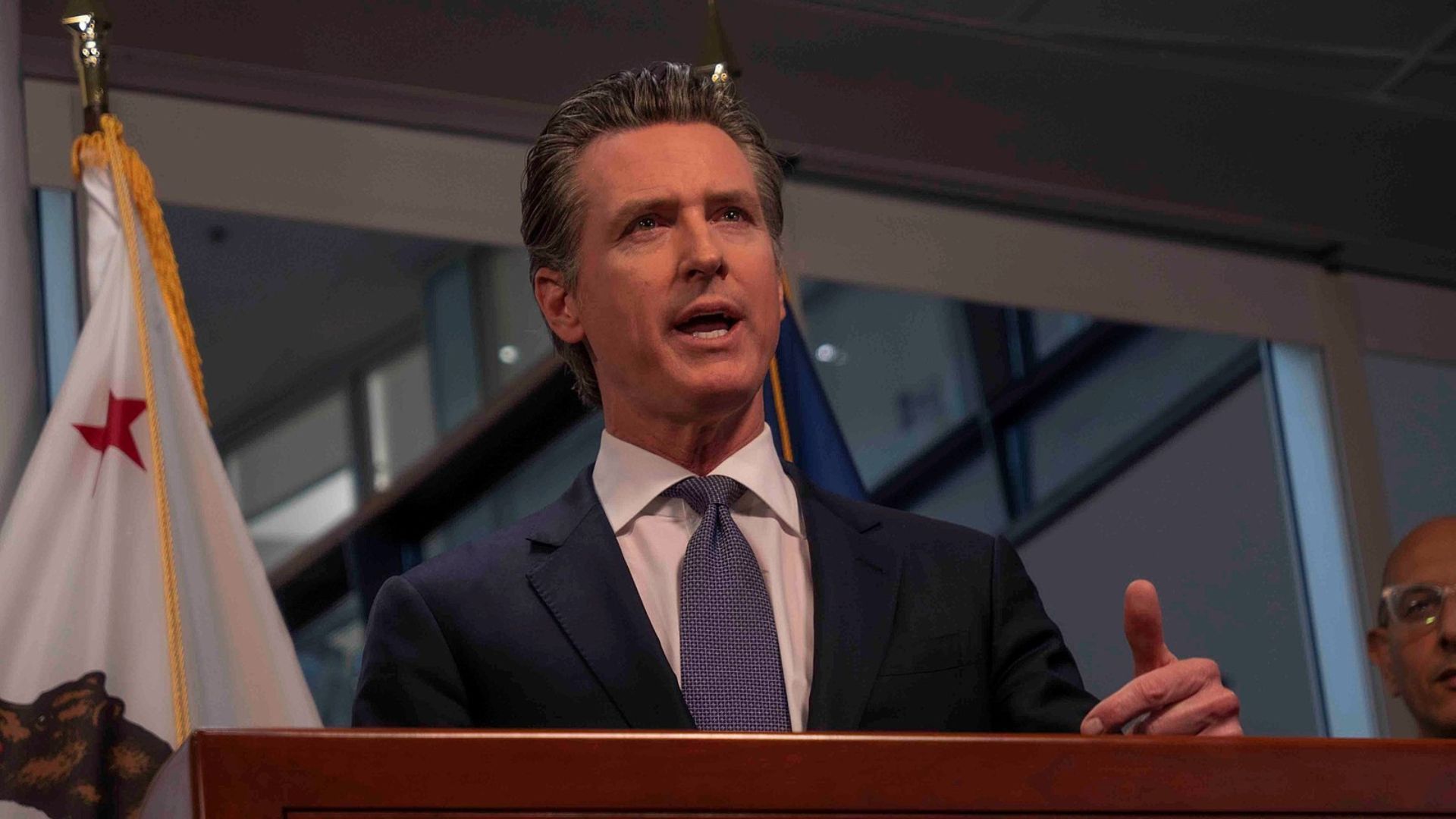
The law signed by California Governor Gavin Newsom last December sets the minimum wage for food industry workers at $20 per hour, with other sectors at $15.50.
This change specifically targets workers at restaurants with at least 60 locations nationwide, excluding those that make and sell their own bread.
Franchise Owners Face Tough Decisions
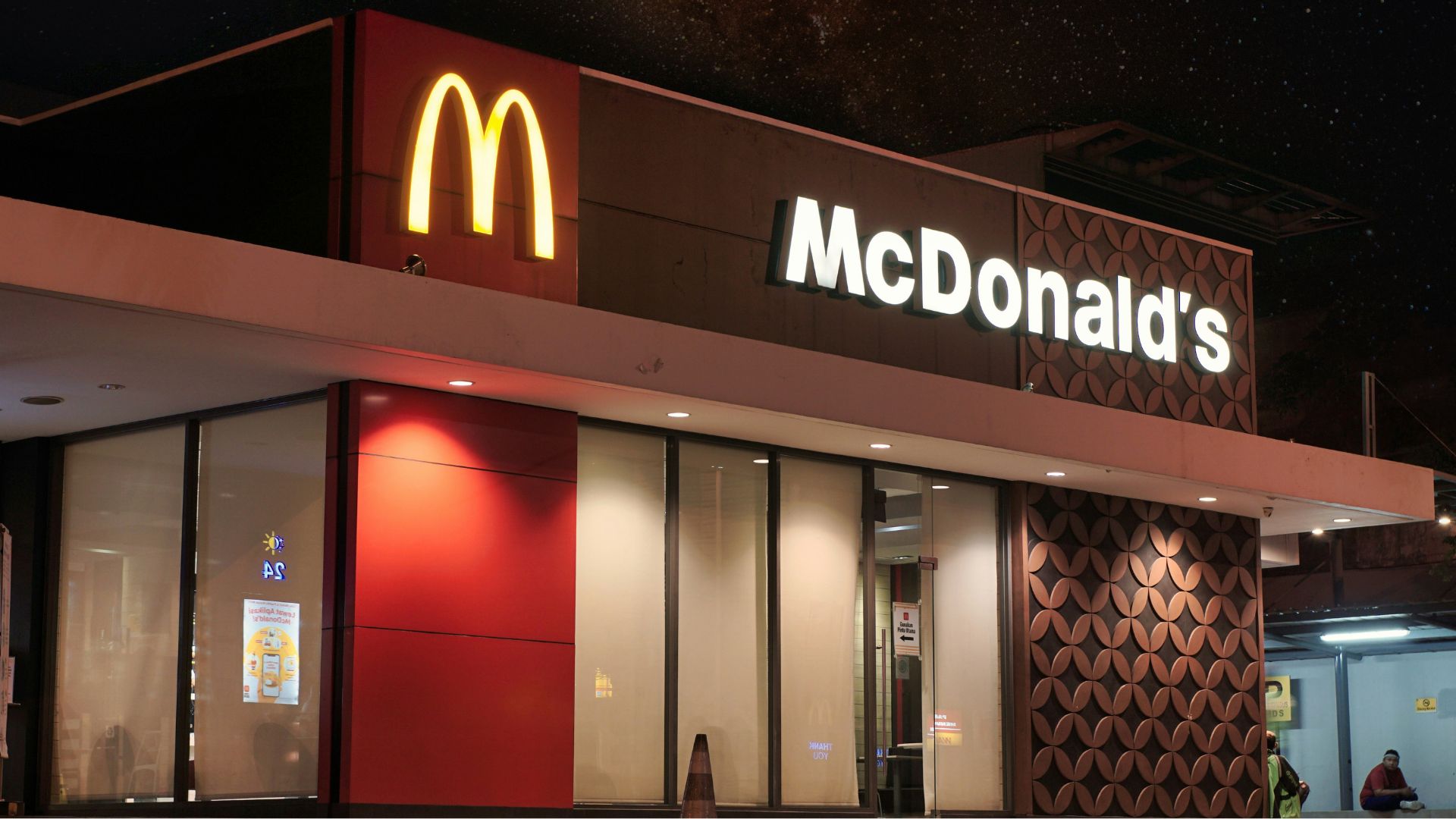
Marsden shared the story of a friend who owns several McDonald’s franchises, planning to close four due to the wage increase.
“Now they’re getting laid off. They’re losing their jobs,” she said, highlighting the potential job losses resulting from higher operational costs.
Sharp Criticism for Governor Newsom
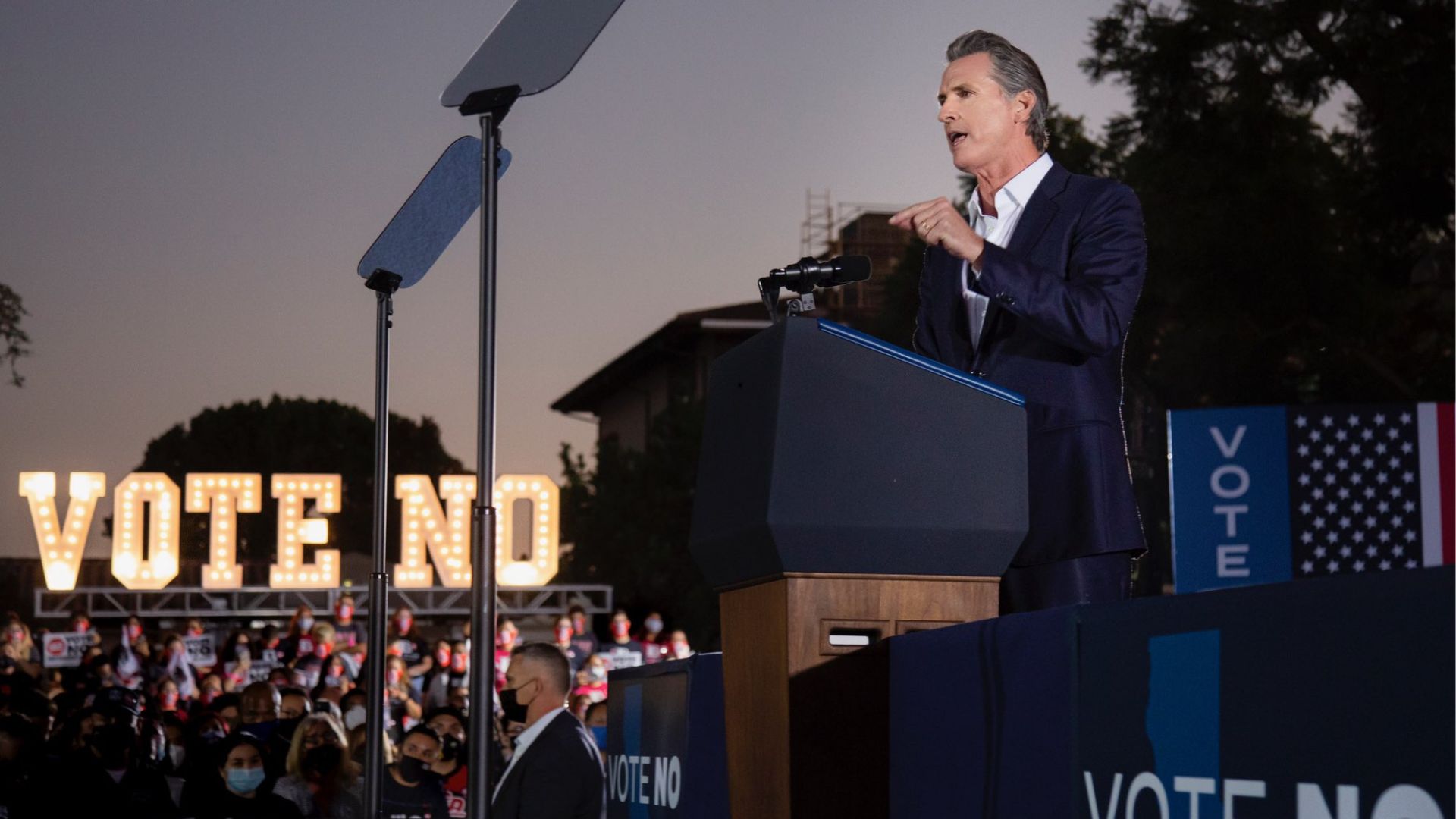
Marsden did not mince words in her critique of Governor Newsom, blaming him for the challenges facing California’s business environment.
“This man is destroying California. I don’t understand why people can’t see that he’s the biggest trickster of all time,” she stated. Her strong stance reflects the frustration and concern among business owners regarding the state’s economic policies.
Widespread Layoffs Anticipated
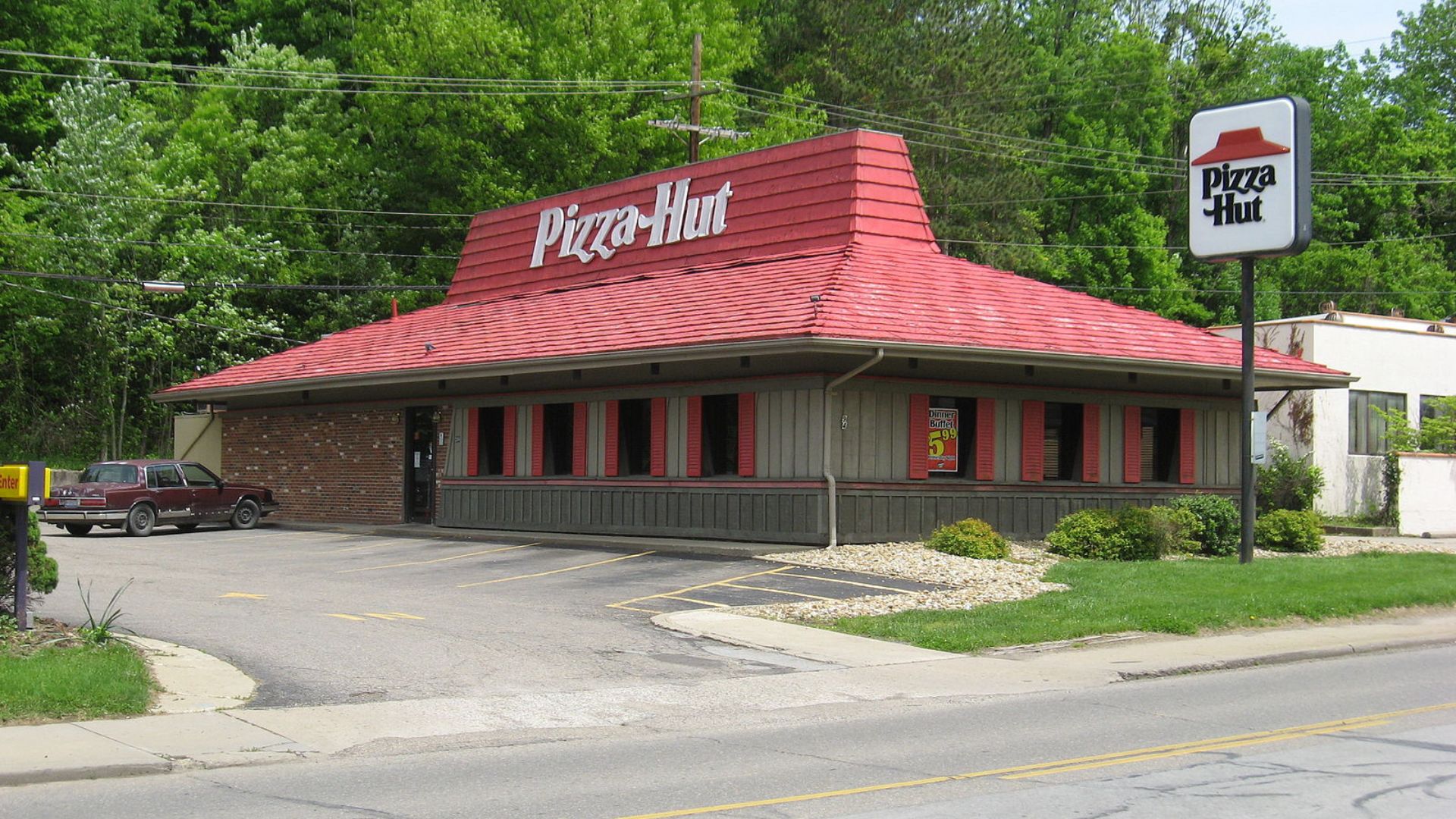
The new wage law has prompted several food chains, including Pizza Hut and Round Table Pizza, to announce layoffs as a means to cope with increased labor costs.
This development signals the potential for widespread job losses across the sector, illustrating the immediate consequences of the wage increase on employment.
The “Silent Tax” on Consumers

“It is a silent tax on the public,” Marsden argued, addressing the indirect costs that consumers will bear as a result of the wage increase.
She pointed out that the price of a hamburger could rise to $26, making it unaffordable for many. This perspective sheds light on the economic ripple effects of the policy on the broader public.
An Uncertain Future for Small Businesses

Marsden’s kitchen, established in 1978, has already seen reductions in staff and hours as a response to the impending wage hike.
She expressed concerns that the policy favors larger corporations over small, independent businesses, stating, “It is literally making way for corporations and big [conglomerates].”
Balancing Costs with Hours
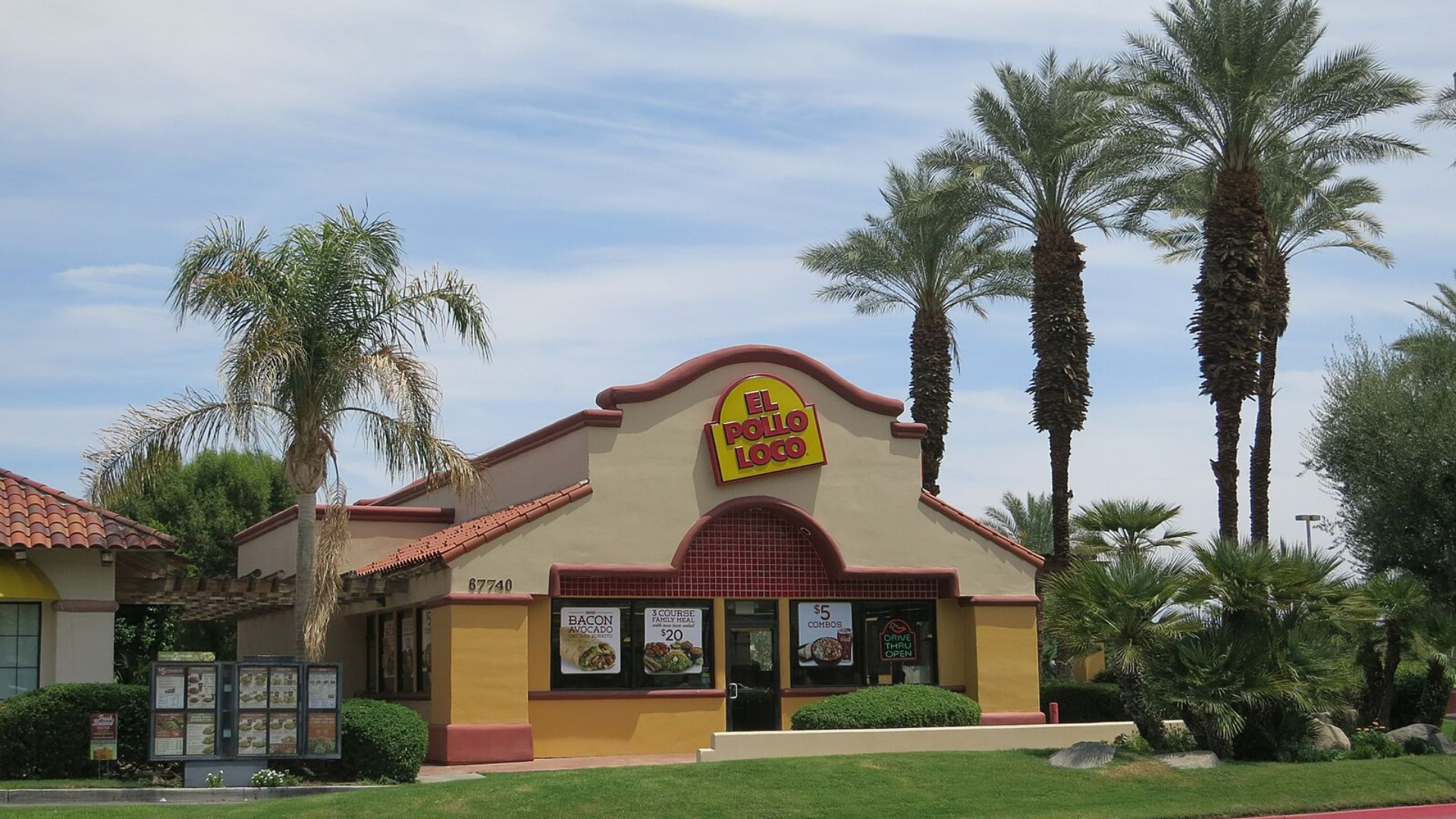
As California’s restaurant industry braces for the $20 minimum wage, franchisees are caught in a dilemma. Michaela Mendelsohn, owner of six El Pollo Loco outlets, faces the tough choice of cutting workers’ hours to keep costs in check.
“I am used to being a champion of labor and I’m in this odd position,” Mendelsohn shares, highlighting the complexities of maintaining business viability against rising wages. Her approach involves streamlining operations, such as optimizing the time it takes to make sauces or close the restaurant, in an effort to “reduce labor hours.”
A Push Towards Automation?
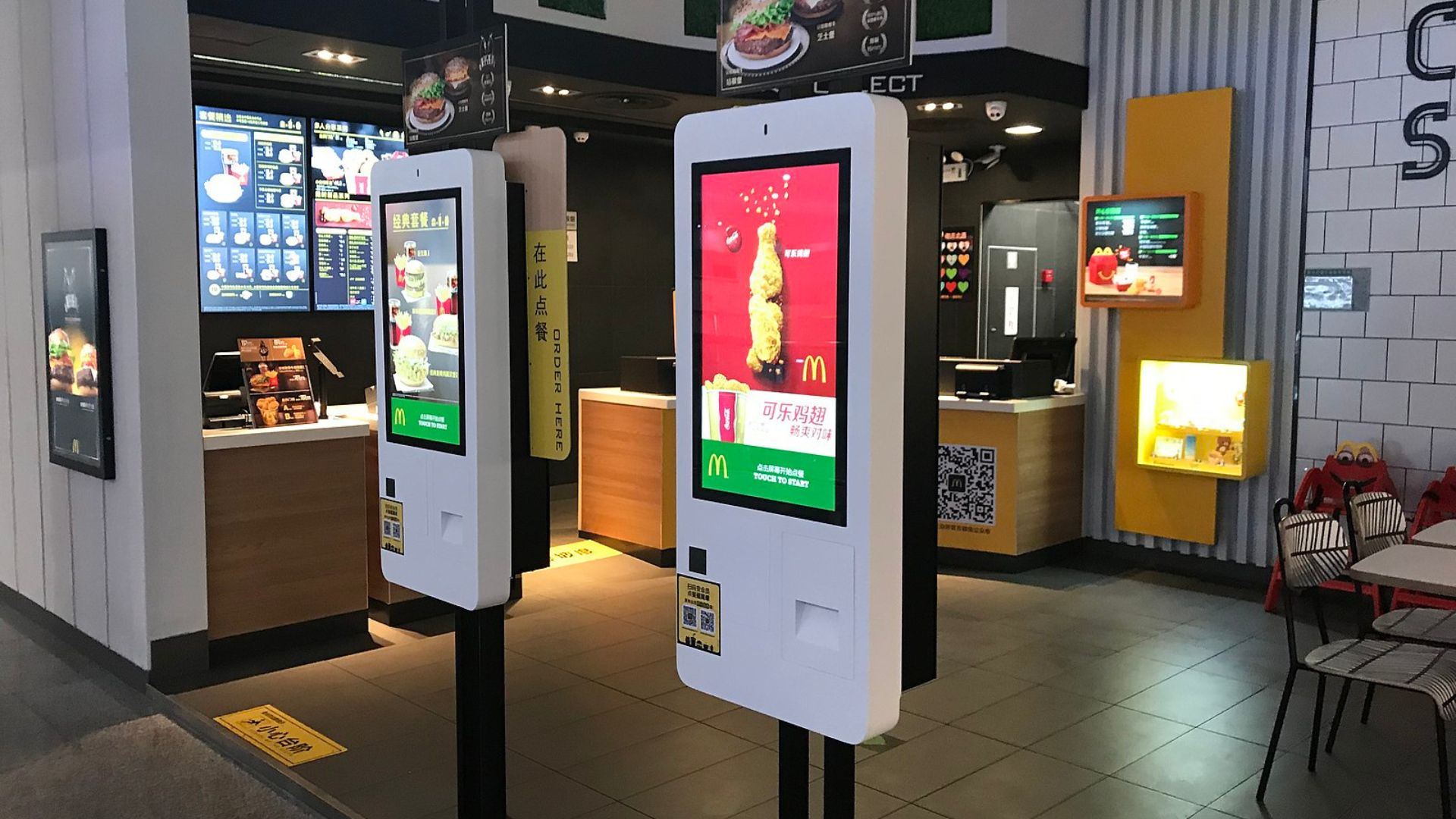
Marsden speculated that the wage increase might accelerate the adoption of artificial intelligence in the industry, a move she believes Governor Newsom might support.
The potential shift towards automation as a cost-saving measure raises questions about the future role of human labor in the restaurant industry.
A Deceptive Policy?

Marsden compared the situation to a circus trick, where the audience is distracted while being pickpocketed, saying, “This is like when you go out to the circus and the guy has a big fancy trick he’s showing you.”
She believes that the true cost of the wage increase is hidden from public view, being passed on to consumers in the form of higher prices.
Worker Sentiments: Hope and Uncertainty
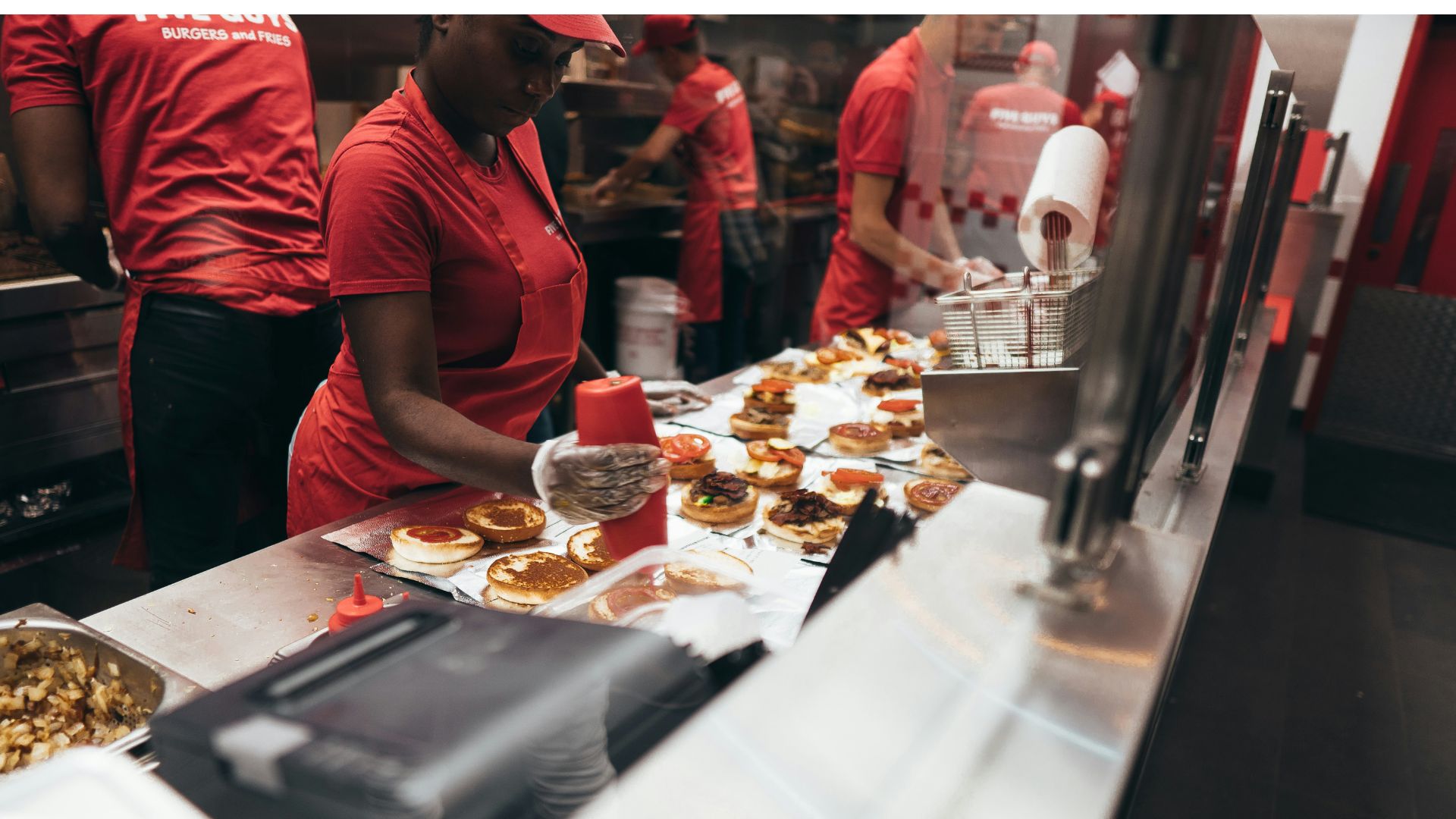
The potential for reduced hours casts a shadow over the enthusiasm many workers feel about the upcoming wage increase.
Workers like the Jack in the Box employee, Sandra Jauregui, find themselves in a precarious position. While the wage increase promises more spending power, the reality of potentially reduced hours creates anxiety. “My boss told me that he won’t reduce my hours but that he will cut others’ hours,” Jauregui recounts.
